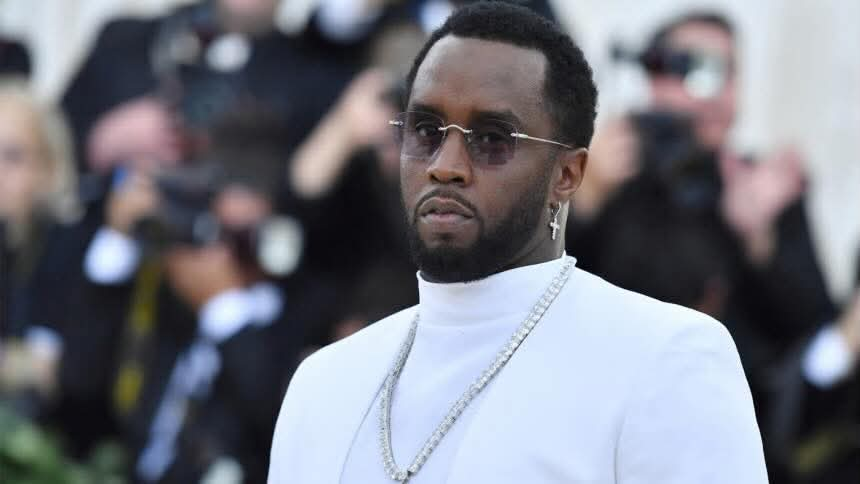By: Eugene Upah (South South Digest)
Max read time: 4 Minutes
American Hip-hop Rapper Sean “Diddy” Combs was sentenced to 50 months—just over four years—in federal prison on Friday after being convicted on two charges of transportation to engage in prostitution involving his two ex-girlfriends.
U.S. District Judge Arun Subramanian delivered the sentence in a New York courtroom, stating a significant term was required as a deterrent and to “send a message.” The sentence follows a nearly two-month federal trial where prosecutors accused Combs of running a criminal enterprise and sex trafficking through his celebrity status. Combs, 55, was acquitted in July of the most serious charges, including racketeering conspiracy and sex trafficking.
Combs will receive credit for the roughly 13 months he has already served in jail, meaning he is expected to serve about three years and one month more. He was also ordered to pay a $500,000 fine. His legal team immediately announced plans to appeal the decision.
The sentencing hearing was marked by emotional pleas from both sides, laying bare the deeply conflicting views of the music executive.
Combs addressed the court for the first time since the trial began, offering a tearful apology to his victims, ex-girlfriends Casandra Ventura and “Jane,” as well as his mother and seven children.
“My actions were disgusting, shameful, and sick,” he told the judge. “I got lost in excess, I got lost in my ego… I ask your honour for mercy. I beg your honour for mercy.”
Prosecutors argued for an 11-year sentence, citing a history of domestic violence and abuse detailed in victim statements and testimony. Prosecutor Christy Slavik told the court that a lighter sentence would “let the defendant get away with years of domestic violence and abuse,” arguing that Combs’ true “currency was control” and that he would pose a danger at any age. The judge, in his final remarks, agreed, rejecting the defense’s claims of intimacy and consent in the relationships.
“You abused them, physically, emotionally and psychologically,” Judge Subramanian told Combs. “You had the money and the power to keep it going. This was subjugation.”
Combs’ attorneys argued for a much shorter 14-month sentence, asserting their client was a “reformed” man who had learned his lesson after serving time in a New York jail. They painted Combs as a reformed man, citing his positive contributions in jail and pointing to “untreated trauma and a ferocious drug addiction” as factors in his past behaviour.
Defense attorney Nicole Westmoreland grew tearful as she vouched for Combs, saying the mogul was a source of inspiration for other Black entrepreneurs and musicians. “Your honour, he gets it, simply put,” she insisted.
In the most emotional part of the hearing, several of Combs’ children addressed the judge, some openly sobbing as they vouched for their father’s transformation and begged for mercy.
“In front of you and in front of us is a changed man. He has evolved, something we haven’t seen in 15 years,” said his son, Quincy Brown. His daughter, Delila Combs, pleaded, “We can’t watch our baby sister grow up fatherless the same way we grew up motherless… Please, please give our family the chance to heal.”
Ultimately, the judge was not convinced, stating he was not persuaded Combs would not reoffend if released. Combs maintained a non-reactive demeanour for most of the hearing, quietly listening to the proceedings, occasionally burying his face in his hands as his children spoke.





